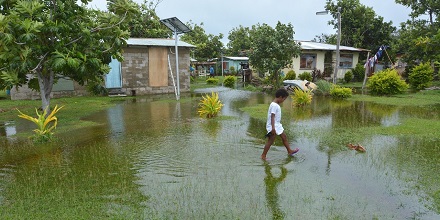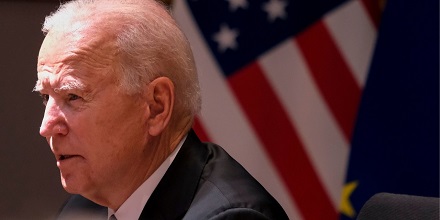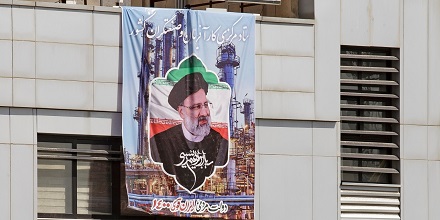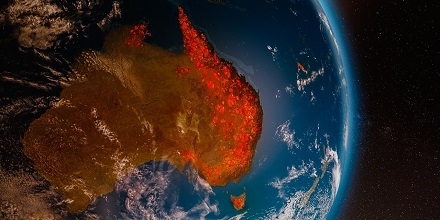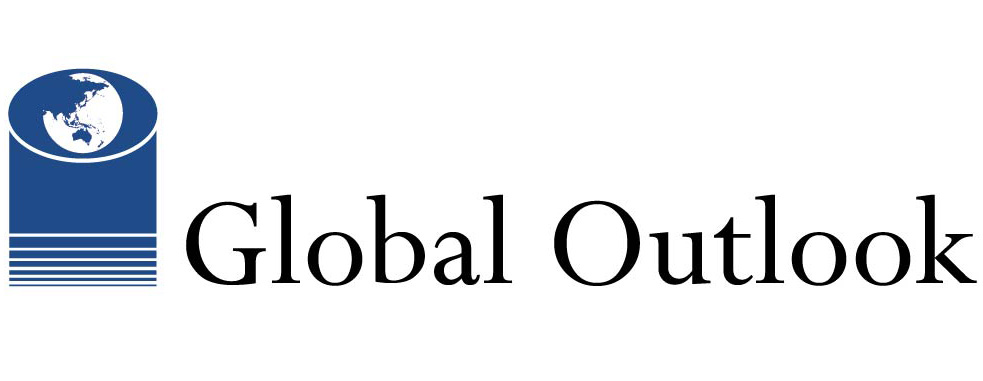
Curated expert opinion on intractable contemporary issues
What If… We Could Build Trust in Northeast Asia
By Hugh Miall | 15 October, 2021
What would the people of Northeast Asia want in the field of peace and security ‘if only’ things were different? According to a Carnegie survey, the majority of people in South Korea believe that a unified Korea should continue to have an alliance with the United States after unification. A majority also feel that a unified Korea should have an alliance with China. A great majority hope that unification can be brought about by a peaceful compromise.
Pacific Civil Society Concludes Regional Consultations on Climate-Related Mobility
By Sabira Coelho and Christopher Yee | 12 October, 2021
In June 2021, the Pacific Climate Change Migration and Human Security (PCCMHS) programme hosted the regional civil society consultation on climate related mobility. The online consultations were organized by the International Organization for Migration (IOM) and provided an opportunity for civil society representatives from around the Pacific to review the human security implications of climate change related migration, displacement and planned relocation, share experiences about how climate related mobility is impacting communities and talk towards the development of a regional based solution.
The EU Sidelined?
By Herbert Wulf | 10 October, 2021
Two unilaterally taken foreign and security policy decisions by the Biden administration within a few weeks made Europeans stand there at a loss. Since the departure of Donald Trump as President of the United States, has only the tone in transatlantic relations changed but not the substance of the "America first" policy?
The Future of the Iran Nuclear Deal Hangs in the Balance
By Amin Saikal | 08 October, 2021
The diplomatic tug-of-war between the Islamic Republic of Iran and the United States over restoration of the Iran nuclear agreement (officially known as the Joint Comprehensive Plan of Action, or JCPOA) seems almost perennial. The two sides have engaged in brinkmanship, seeking to score maximum benefit against one another.
Criticism of Australian Government’s Haphazard Climate Policies from Surprising Source
By Volker Boege | 05 October, 2021
The current Australian government is lagging far behind other developed countries on climate policies. It has been criticised domestically and internationally for its lack of commitment and efforts, not least from its neighbours in the Pacific. Pacific Island Countries (PICs) are particularly exposed and vulnerable to the effects of climate change, and they are at the forefront of international diplomatic initiatives on climate change.
Why Peace and Conflict Studies Remain Essential Part II
By Oliver Richmond | 04 October, 2021
So what next for Peace and Conflict Studies (PCS) after the systemic transition we currently appear to be undergoing? Peace and conflict studies, despite the positives noted in Part 1, failed to see much of this recent phase coming (with some honourable exceptions) when in the past it had been a lone voice in the desert in the run up to new wars.
The views and opinions expressed in Global Outlook are those of the authors and do not necessarily reflect the official policy or position of Toda Peace Institute.

